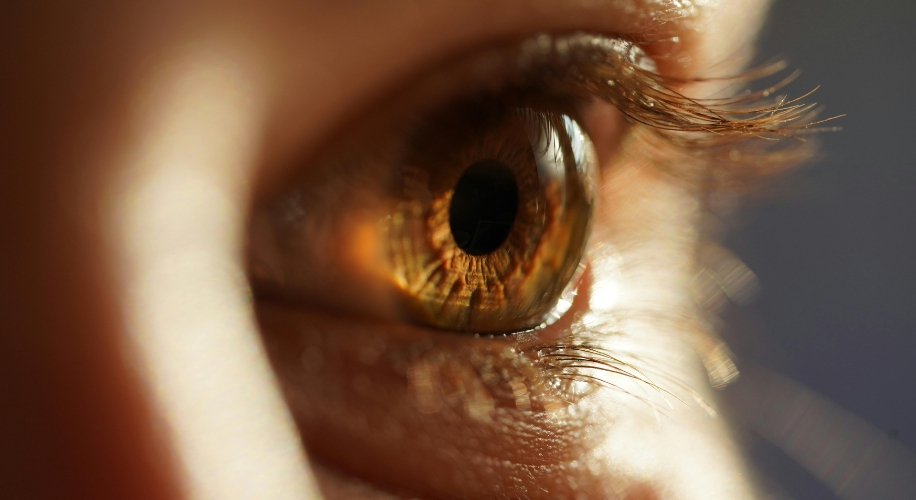Understanding Astigmatism and Light Perception

When it comes to understanding visual impairments, astigmatism is a common condition that often comes into focus. If you have astigmatism, you might find that you perceive light differently than those with standard vision. Let’s delve into the topic and unravel how astigmatism can affect light perception, and discover how Zenni can assist in navigating these visual challenges.
Astigmatism Explained
Astigmatism is a refractive error causing blurred or distorted vision at all distances, both near and far. This visual anomaly is typically due to an irregularly shaped cornea – the clear, round dome covering the eye’s front. This irregular shape causes light to scatter rather than to focus directly on the retina, leading to blurred or distorted vision.

Effects on Light Perception
Now that we understand what astigmatism is, let’s discuss how it influences light perception. Here are a few common experiences:
- Blurred Vision: As light fails to focus on a single point on the retina, it can result in blurred vision. This effect is common both at night and during the day.
- Difficulty with Night Vision: Often referred to as ‘astigmatism at night,’ you might find it difficult to see or drive in low light conditions. Car lights and street lamps can appear to have a glare or a halo around them.
- Increased Light Sensitivity: Astigmatism can often make your eyes more sensitive to light, a condition known as photophobia. Bright lights might seem too harsh, leading you to squint or close your eyes.
Managing Astigmatism
The good news is that astigmatism is easily correctable with the right eyewear. Custom corrective lenses, often toric in shape, are designed to counteract the cornea’s uneven curvature, allowing light to focus properly on your retina. Additionally, lens coatings such as anti-reflective or photochromic can help manage light sensitivity and glare. Zenni offers a wide range of frames and lenses that can help counter the effects of astigmatism on light perception.
So, while astigmatism does affect light perception, it isn’t a cause for worry. Awareness of the condition and understanding your specific symptoms can lead to effective management and clearer, more comfortable vision. Always remember to have regular eye exams and to keep your prescription up-to-date for the best possible vision correction.





 Canada
Canada